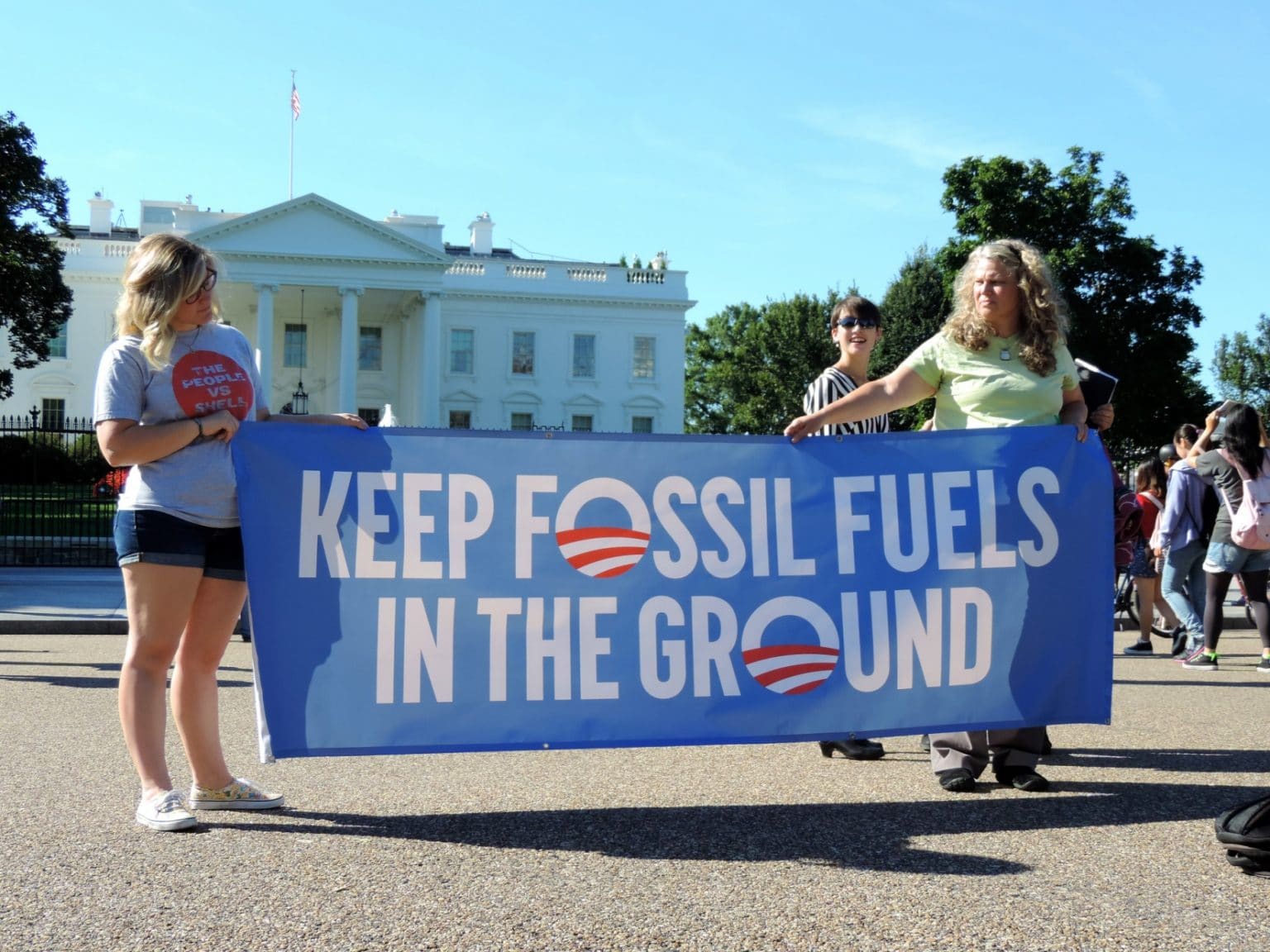As the US Senate haggles over a comprehensive energy bill, climate activist groups have identified the global fossil fuel reserves that must be kept in the ground if we’re to limit global warming to the critical 2-degree-Celsius threshold.
This week saw the Senate debating the hotly contested energy bill, which has been criticized by environmentalists for including a number of fossil fuel industry giveaways, including expedited permitting for liquefied natural gas (LNG) terminals and subsidies for coal technology, among other troublesome provisions.
Democratic Senators Sheldon Whitehouse (RI), Ed Markey (MA) and Brian Schatz (HI) responded by introducing an amendment into the energy bill designed to express Congress’s disapproval of the use of industry-funded think tanks and misinformation tactics aimed at sowing doubt about climate change science.
Senate Democrats ultimately stopped the energy bill from moving forward on Thursday over the fact that a $600-million amendment to address the water crisis in Flint, MI was not included.
The US is not the only country that needs to do some soul-searching when it comes to energy policies, however.
“Thanks to the historic Paris climate agreement, the world now knows what it will take to stay within our global carbon budget,” according to the new Keep It In The Ground report from 350.org, Greenpeace, and the Sierra Club.
“If the world is serious about tackling climate change, we need to fight for fewer oil wells and coal mines. This report explains where these campaign fights need to occur.”
For instance, Canada’s tar sands industry could be pumping as much as 420 million metric tons of CO2 into Earth’s atmosphere every year by 2020 — more than the entire annual emissions of Saudi Arabia — if Canada’s government doesn’t implement stronger environmental protections.
Tar sands are Canada’s fastest growing source of greenhouse gas emissions, the report found, yet the Trudeau government hasn’t presented a plan to reconcile new tar sands mines and pipelines with its commitments to reduce emissions.
The report also highlights plans to expand mining activities in Australia’s Queensland region, which would spew an additional 700 million metric tons of CO2 into the atmosphere while devastating the Great Barrier Reef, which is already under severe stress from rising global temperatures.
Scientists have worked out a global carbon budget that determines how much carbon can be emitted into the atmosphere before global temperature increases surpass 2-degrees-Celsius, the threshold past which we will experience catastrophic climate change.
The adoption of the Paris Agreement by nearly 200 countries in December commits countries to this budget and requires that they take steps to reduce emissions.
Yet many countries are still planning on exploiting their fossil fuel resources, despite commitments to lowering greenhouse gas emissions. Climate activists have vowed not to let that occur without a fight.
“Climate change is already bringing flood waters and wildfires right to our doorsteps,” May Boeve, Executive Director of 350.org, said in a statement.
“At this point, continuing to burn fossil fuels is truly lethal. The effort by fossil fuel companies to dig up and burn coal, oil and gas despite the consequences is the biggest threat our planet faces. All around the world people are now mobilizing to keep fossil fuels in the ground.”
Image Credit: Wildearth Guardians
Subscribe to our newsletter
Stay up to date with DeSmog news and alerts






